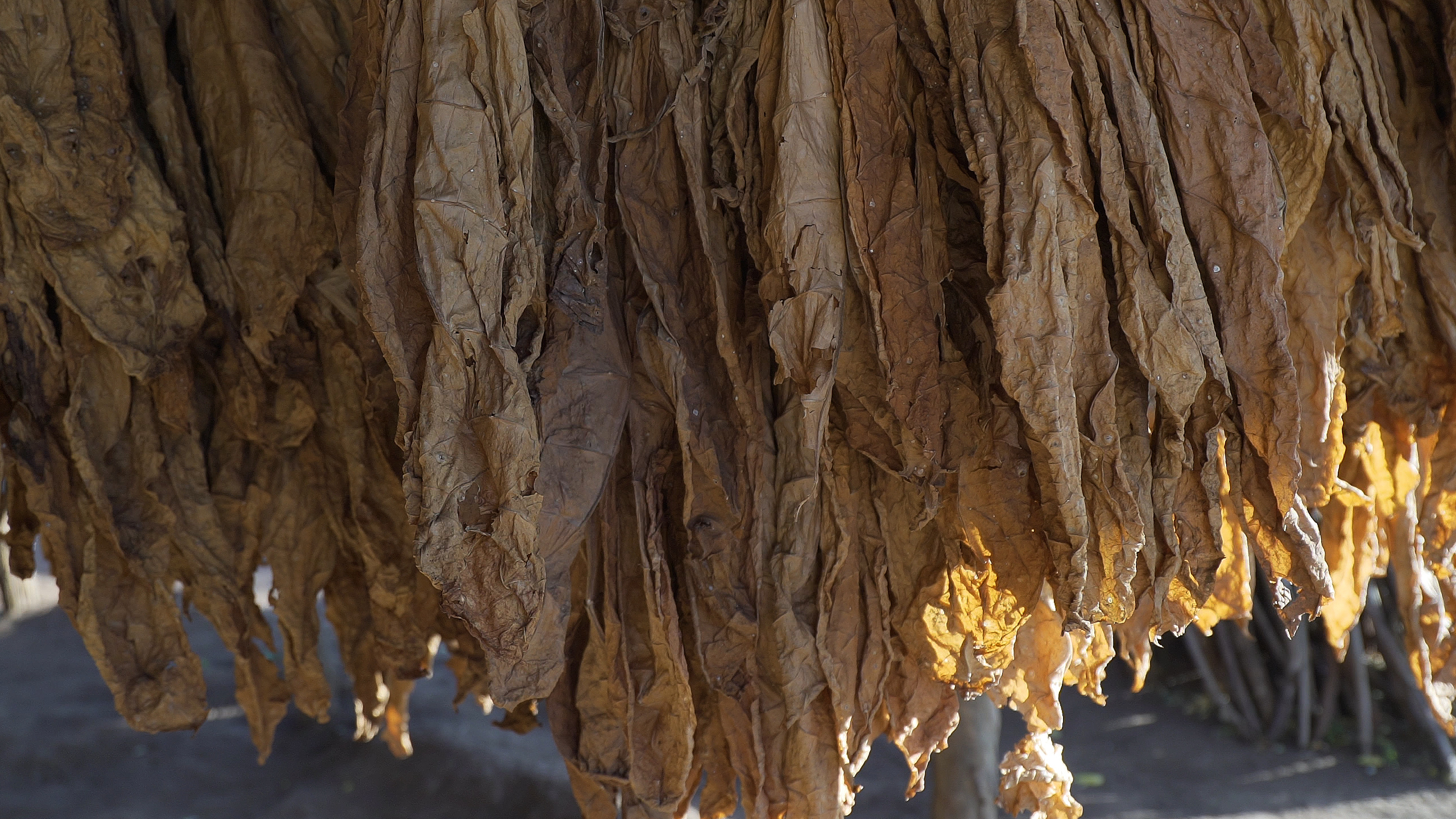The film explores the experiences of tobacco farmers in Malawi who work for tobacco leaf-buying companies for very little pay, and who have to endure poor working conditions. These companies supply their products to transnational tobacco companies that continue to fuel the global tobacco epidemic.
The film focuses on Bristol, United Kingdom, a historic hub of the transatlantic slave trade and the headquarters of cigarette giant Imperial Brands.
The title comes from Ellen, one of the four farmers featured, who says she doesn’t want her children to be “tobacco slaves.” While global tobacco corporations enjoy billions of dollars in sales, the farmers say they do not earn enough to buy furniture or pay for their children’s school tuition. They describe children working alongside their parents in unsafe conditions, being exposed to disease from handling tobacco leaf, and lacking education because they either can’t take the time to attend school or are too exhausted.

